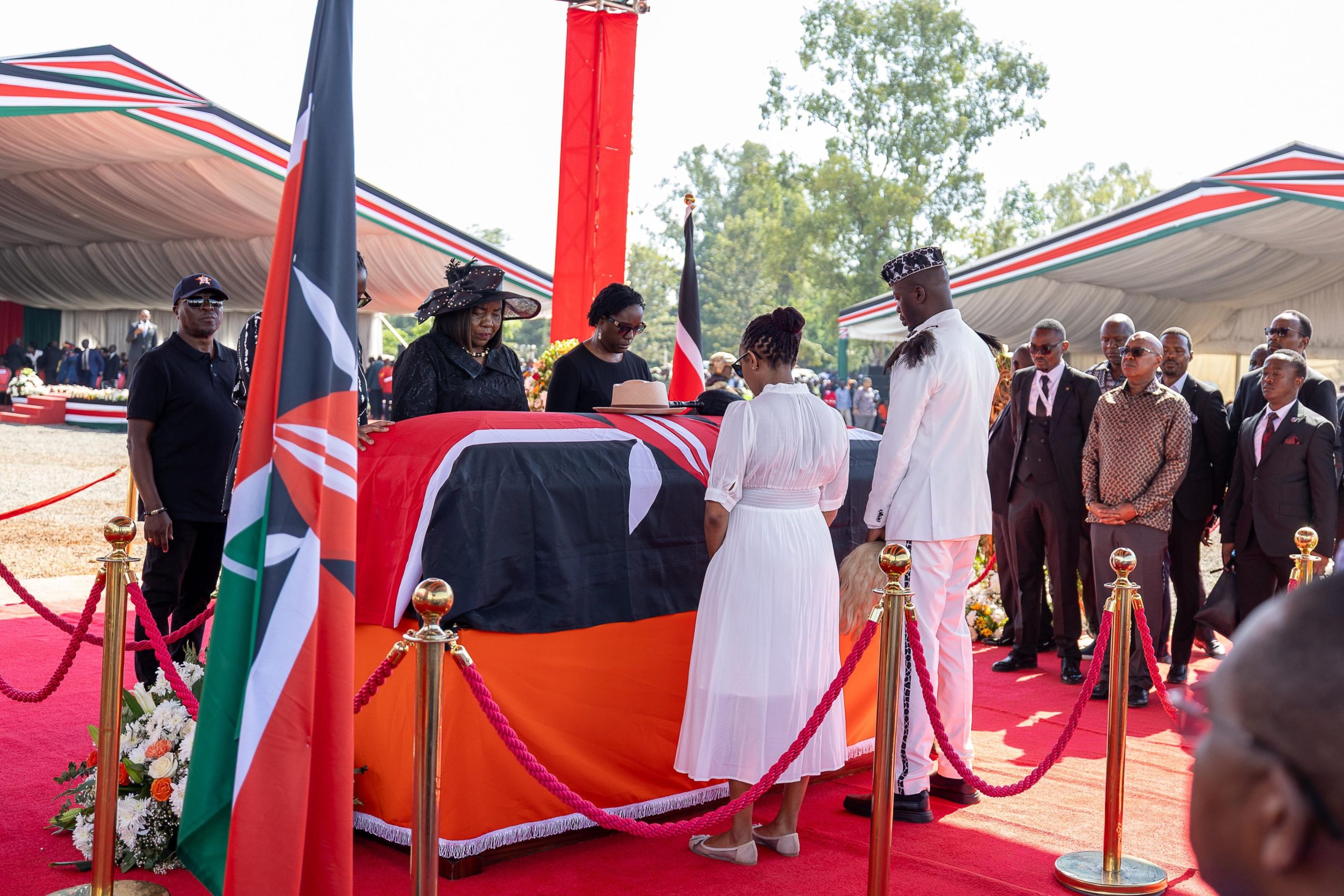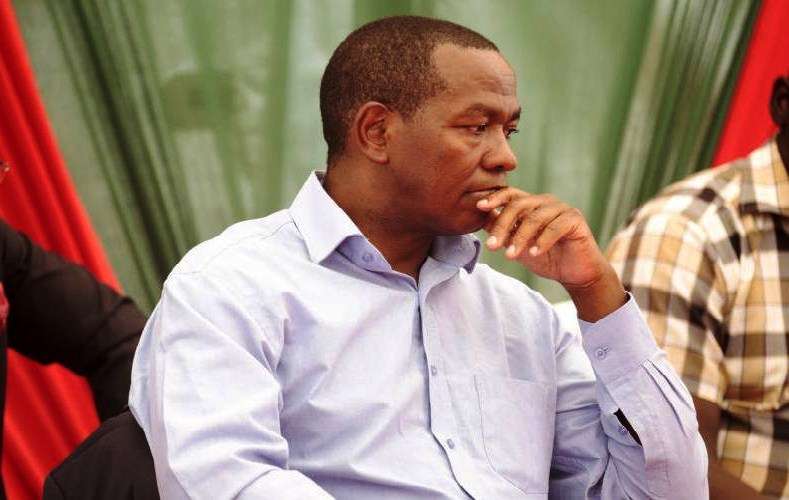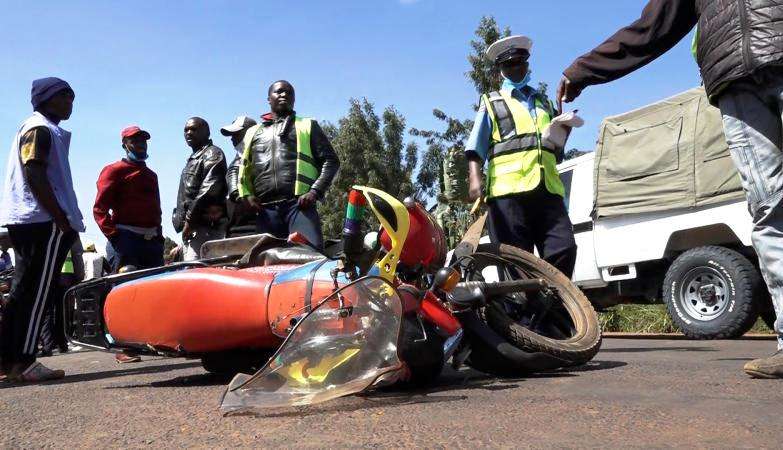By The Weekly Vision Reporter
Kenya has no business ranking among African countries with the highest maternal deaths, the Chairperson of the National Assembly’s Departmental Committee on Health, Dr James Nyikal, has warned, urging Parliament to accelerate legislation aimed at protecting mothers, newborns and children.
Speaking during a health policy forum in Nairobi titled “Legislating to Save Lives: Strengthening the Legal Framework for Maternal, Newborn and Child Health in Kenya,” organised by the Health NGOs Network (HENNET) on Monday, 24 November, the Seme MP described Kenya’s maternal mortality rates as “a national embarrassment that demands urgent action”. “More than two-thirds of maternal deaths in the world occur in the African region. We are having an inordinately large portion of those deaths. Kenya should not be there. Something is not right,” he said.
According to Dr Nyikal, Kenya currently records 530 maternal deaths per 100,000 live births, a rate he likened to countries facing war, extreme poverty or fragile governance. He questioned how a nation with Kenya’s level of economic and political stability could still lag so dangerously behind.
Despite improvements in child survival, maternal deaths have risen over the years due to largely preventable causes. Nyikal cited data showing that haemorrhage accounts for 44 per cent of maternal deaths, obstructed labour 34 per cent, eclampsia 13 per cent, sepsis 6 per cent and ruptured uterus 3 per cent. “All of them are things we can do something about,” he emphasised.
The MP called for research into why the numbers have worsened since devolution, warning that county health systems may have weakened critical maternal services. “With devolution, something happened; we lost something… Researchers should tell us what the impact of devolution is on health indices.”
Nyikal urged lawmakers to give urgent attention to three key health-related bills currently before Parliament, saying their passage would mark a significant step towards safeguarding the lives and rights of women, infants and families.
The bills include:
The Maternal, Newborn and Child Health Bill, which seeks to strengthen access to quality care before, during and after childbirth;
- The Breastfeeding Mothers Bill, aimed at protecting the rights of breastfeeding women in workplaces and public spaces.
- The Assisted Reproductive Technology (ART) Bill, designed to regulate fertility treatment and provide a clear legal framework for families seeking reproductive assistance.
According to Nyikal, enacting these laws would help address long-standing gaps in Kenya’s health system and ensure that no mother or child is left behind. “Parliament now has the responsibility to deliver strong, rights-based legislation that ensures coordinated, well-financed and high-quality maternal and child health services,” he stated.
He pleaded with the Senate not to stall the Assisted Reproductive Technology Bill as it did previously, noting that fertility services, including surrogacy and egg donation, are taking place in a legal vacuum. “Issues like surrogacy are going on without a law. We do not know what is happening to our young donors.”
Nyikal defended the breastfeeding legislation, arguing that no formula can replace breast milk. “Breast milk is alive. It actually has living components. No formula can replace it,” he said.
He added that a child’s brain development is largely determined by nutrition within the first three years. “If you wait until five years to start giving the child good food, you will get a very good body but not an equally good brain.”
The MP criticised stigma against breastfeeding in public, urging mothers to prioritise children’s nutrition without fear. Addressing inefficiencies in Kenya’s referral system, Nyikal argued that maternal deaths could drop drastically if every sub-county had a fully functional level 4 hospital capable of performing emergency Caesarean sections and blood transfusions. “A true level four must be able to do a Caesarean section and provide blood. If those levels work, level six may actually be empty,” he asserted.
He proposed selecting one county as a model for a fully functional maternal care network, complete with ambulance linkages and emergency response protocols.
Nyikal warned that Kenya’s crisis is not a lack of knowledge, but a failure to act. “The ‘know–do gap’ is where people know, but they don’t do.”
He appealed to both the National Assembly and Senate to fast-track the bills so that “every Kenyan family can have a healthy start and a dignified future”. “Let us legislate with purpose, urgency and compassion… Let this be the moment where we renew our national commitment to saving the lives of mothers and children.”





